The 7 Habits of Highly Effective People by Stephen R Covey
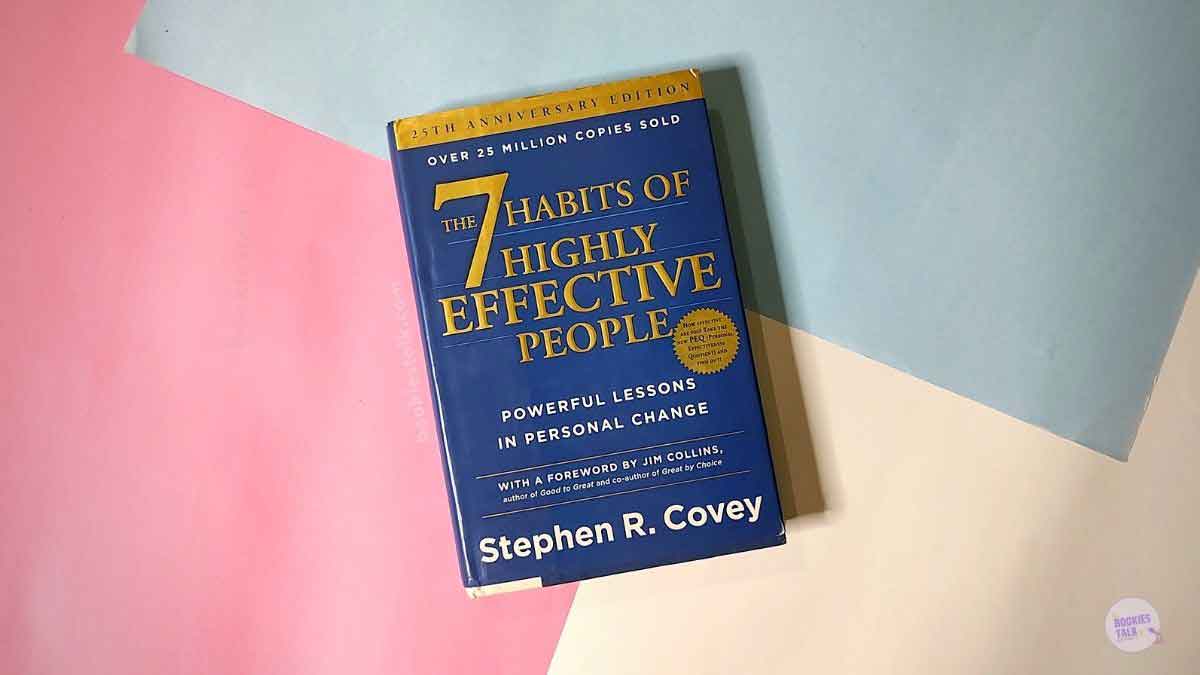
I’ve read many books on management, but none come close to The 7 Habits of Highly Effective People. This book will give you a clear idea of how to finish your work on time and achieve your goals.
We all have the same 24 hours in a day; it’s all about managing that time and focusing on what truly adds value to your life. Everything else can wait.
Here, let me share some of the key lessons I’ve learned from this book and much more.
Enter your email address To join the newsletter. I will be with you every Sunday at 9:00 AM (IST). See you on Sundays.
The 7 Habits of Highly Effective People Summary
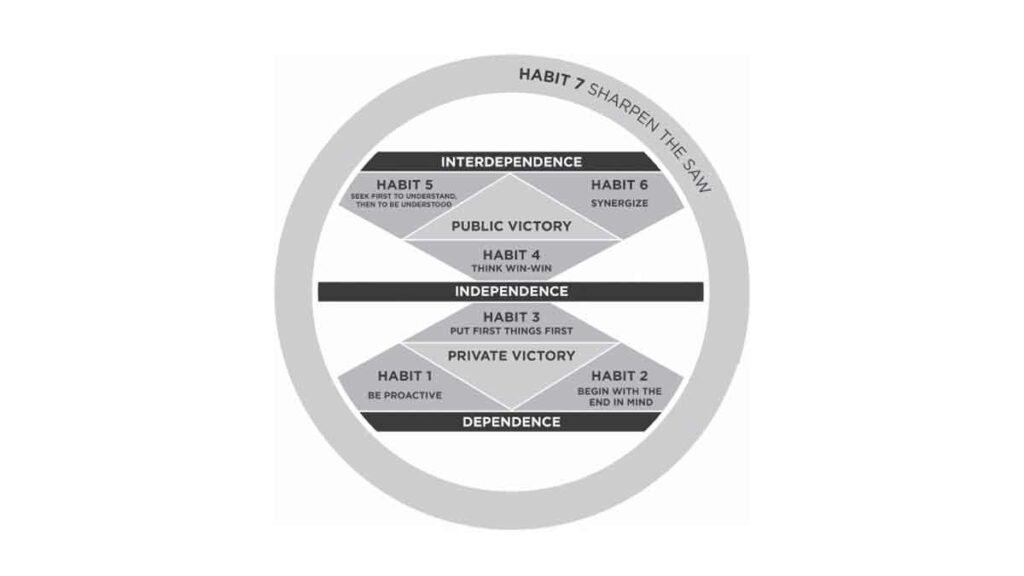
In The 7 Habits of Highly Effective People, Stephen R. Covey shares seven habits that can help you lead a simple, yet comfortable life, giving you a clear understanding of time and management.
Let’s start with self-awareness…
Think about how you’re feeling right now. Can you identify your mood? How would you describe your current mental state?
Take a moment to consider how your mind is working. Is it sharp and alert, or are you distracted between this exercise and the point you’re trying to grasp?
This ability to reflect on your own thoughts is uniquely human. Animals lack this capacity. We call it “self-awareness” – the ability to observe and analyze our thinking process.
This is the reason humans have dominion over all things and can make progress from generation to generation. It’s why we can learn from both our own experiences and those of others.
Self-awareness is also what allows us to break and form habits.
We are not our feelings. We are not our moods. We are not even our thoughts. The fact that we can think about these things is what separates us from both our feelings and the animal world.
Until we understand how we see ourselves—and how others see themselves—we’ll be unable to understand the perspectives of others. If we remain unaware, we’ll project our own intentions onto others’ behavior and mistake ourselves for being objective.
Now, let’s explore the 7 habits Covey discusses in his book:
- Be proactive
- Begin with the end in mind
- Put first things first
- Think win/win
- Seek first to understand, then to be understood
- Synergize
- Sharpen the saw
Be Proactive
The book has two important concepts: Proactive and Reactive.
Proactive people are those who don’t care about what others think. They do what they believe is right, regardless of people’s opinions on their clothes, looks, or the work they do. In short, they’re content with who they are and what they stand for.
On the other hand, Reactive people care a lot about what others say. For example, if someone comments on my looks, my work, or even my family, I might get upset and overthink everything.
Now, let me know what type of person you are: Reactive or Proactive?
Personally, I’m Proactive. I don’t care about what others think of me—what matters is that I stay true to myself.
Learn To Say No
I think you already know what I’m about to talk about.
Sometimes, it’s better to say NO to something rather than say YES to everything.
Let’s say someone from your family asks, “It would mean a lot to me if you could deliver this item to my friend’s home.” Now, at the same time, you’re working on your office project or doing something else that’s really important.
In this case, you have two options:
- If you say YES, your family member will be happy.
- If you say NO, they might be upset, and it could stay in their mind.
So, what’s the right choice? Choose what’s important in the moment. Don’t say YES just to make someone happy, because people can take advantage of you.
I used to be a YES person about a year ago, but now I’ve learned to say NO when I’m working on something important. If I’m not doing anything, then I’ll say YES.
In short, learn to say NO. Don’t worry about what others might think. Your time and focus matter.
Seek first to understand, then to be understood
SUPPOSE YOU’VE BEEN HAVING TROUBLE WITH YOUR EYES, and you decide to visit an optometrist for help. After briefly listening to your complaint, he takes off his glasses and hands them to you.
“Put these on,” he says. “I’ve worn these glasses for ten years, and they’ve really worked for me. I have an extra pair at home, so you can wear these.”
So, you put them on—but it only makes the problem worse.
“This is terrible!” you exclaim. “I can’t see anything!”
“Well, what’s wrong?” he asks. “They work great for me. Just try harder.”
“I am trying!” you insist. “Everything’s just a blur.”
“Well, what’s the matter with you? Think positively.”
“Okay, I positively can’t see a thing.”
“Boy, are you ungrateful!” he chides. “After all, I’ve done to help you!”
Now, what are the chances you’d go back to that optometrist the next time you needed help? Not very high, I’d imagine. You wouldn’t have much confidence in someone who doesn’t take the time to diagnose the problem first.
We often rush to fix things with advice, but we fail to first understand the problem deeply.
If I were to summarize in one sentence the most important principle I’ve learned in the field of relationships, it would be this: Seek first to understand, then to be understood. This principle is key to effective communication.
Time Management
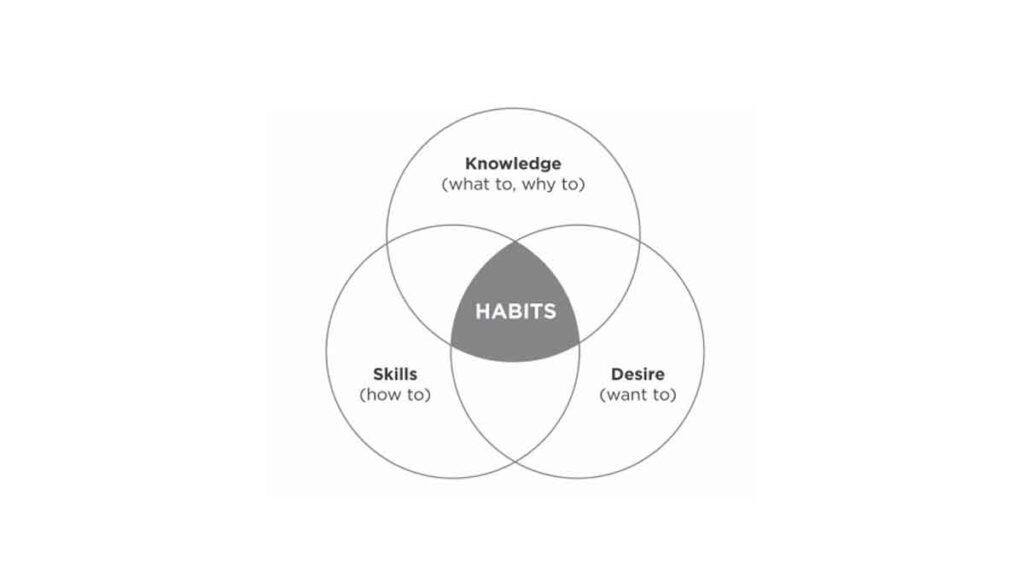
I’m sharing with you the things I’ve learned…
Important Tasks: These are tasks that don’t require immediate attention but are still important. You don’t need to do them right away, but they’re necessary.
For example, you need to go to the supermarket because you have a list of items for your home. This is important, but it’s not urgent, so you can do it later.
Urgent Tasks: These are tasks that need your attention immediately.
For example, you have to finish the project your boss gave you, or you have an important business meeting. These tasks are time-sensitive and need to be done right away.
Neither Urgent Nor Important Tasks: These are tasks that are neither important nor urgent, but you enjoy doing them.
For example, you want to watch movies, binge-watch TV shows, go to parties, spend time with friends, or scroll through social media. You don’t have to do these, but they bring you happiness.
The 7 Habits of Highly Effective People Review
The 7 Habits of Highly Effective People will make you think about how you spend your time. Time is a key part of every human being, and if you understand its value, you can do whatever you want. This is exactly what Stephen R. Covey talks about in his book.
It’s an absolute classic, and everyone should at least read it once to understand how time works and how to use it to your advantage.
Buy Make Epic Money:
The 7 Habits of Highly Effective People Quotes
“Most people do not listen with the intent to understand; they listen with the intent to reply.”
“Treat a man as he is and he will remain as he is. Treat a man as he can and should be and he will become as he can and should be.”
“Habit 1: Be Proactive
Habit 2: Begin with the End in Mind
Habit 3: Put First Things First
Habit 4: Think Win/Win
Habit 5: Seek First to Understand, Then to Be Understood
Habit 6: Synergize
Habit 7: Sharpen the Saw”
“If I really want to improve my situation, I can work on the one thing over which I have control – myself.”
“Happiness, like unhappiness, is a proactive choice.”
“At some time in your life, you probably had someone believe in you when you didn’t believe in yourself.”
“There’s no better way to inform and expand you mind on a regular basis than to get into the habit of reading good literature.”
“If you don’t let a teacher know what level you are — by asking a question, or revealing your ignorance — you will not learn or grow”
“People who end up with the good jobs are the proactive ones who are solutions to problems, not problems themselves, who seize the initiative to do whatever is necessary, consistent with correct principles, to get the job done.”
“Perhaps a sense of possessing needs to come to come before a sense of genuine sharing.”
Love What You Read, You Might Like These too…
By the way, we also have a WhatsApp Channel! If you love reading, this is the perfect place for you to join—and the best part? It’s completely FREE!

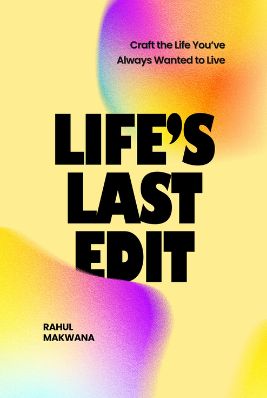
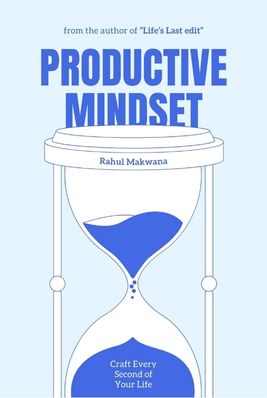
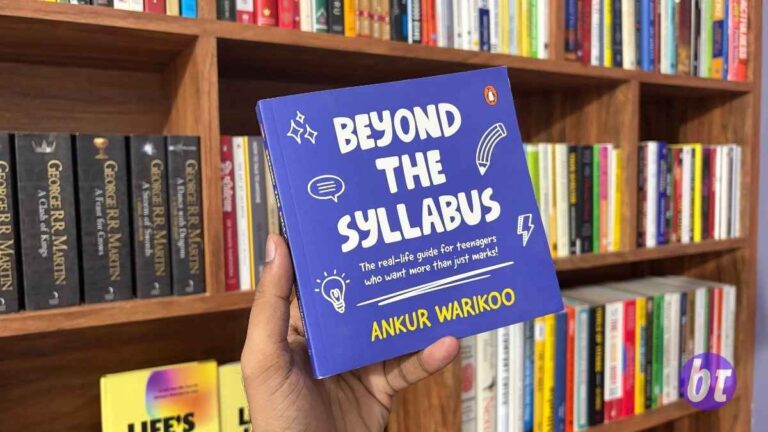
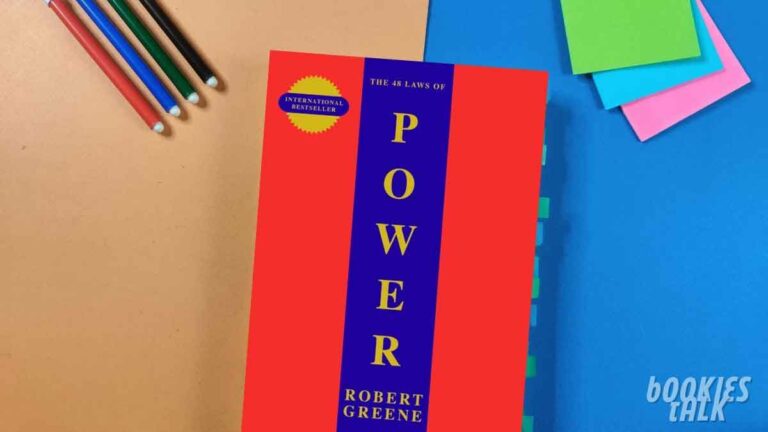

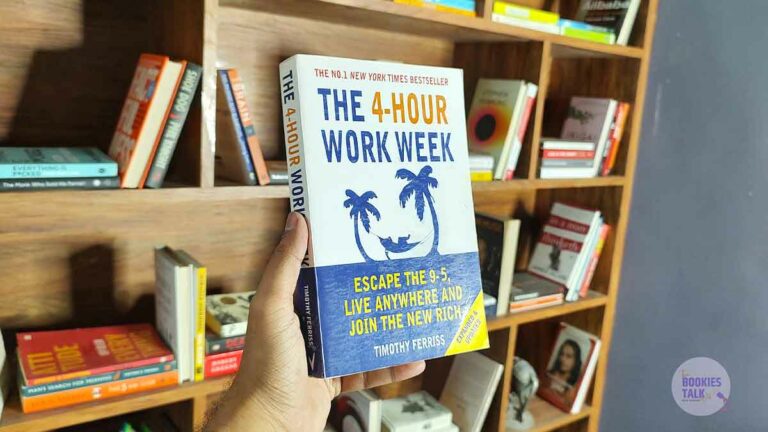

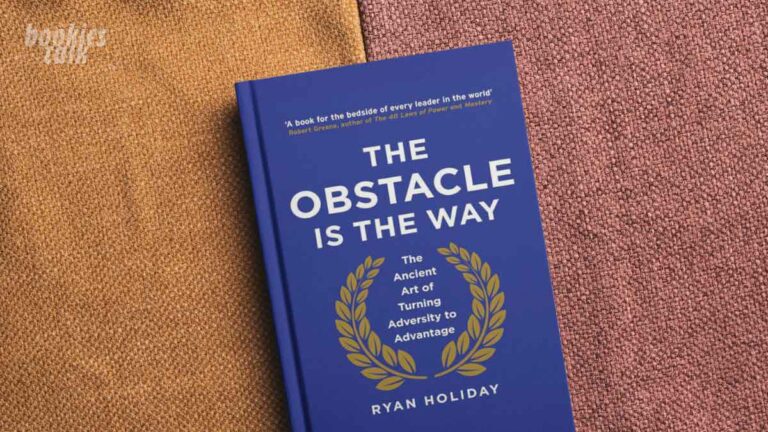
Your content offers something for everyone; it’s useful for both seasoned and newbie readers.